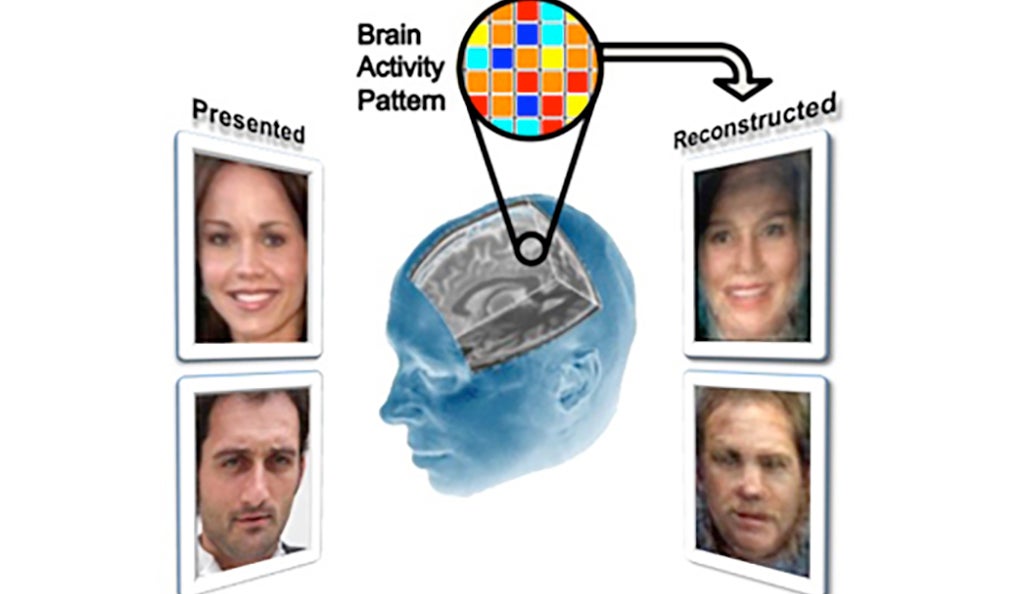A single dose of a popular class of psychiatric drug used to treat depression can alter the brain’s architecture within hours, even though most patients usually don’t report improvement for weeks, a new study suggests.
More than 1 in 10 adults in the U.S. use these drugs, which adjust the availability of a chemical transmitter in the brain, serotonin, by blocking the way it is reabsorbed. The so-called Selective Serotonin Reuptake Inhibitors, or SSRIs, include Prozac, Lexapro, Celexa, Paxil and Zoloft.
via Antidepressants rapidly alter brain architecture, study finds – LA Times.



